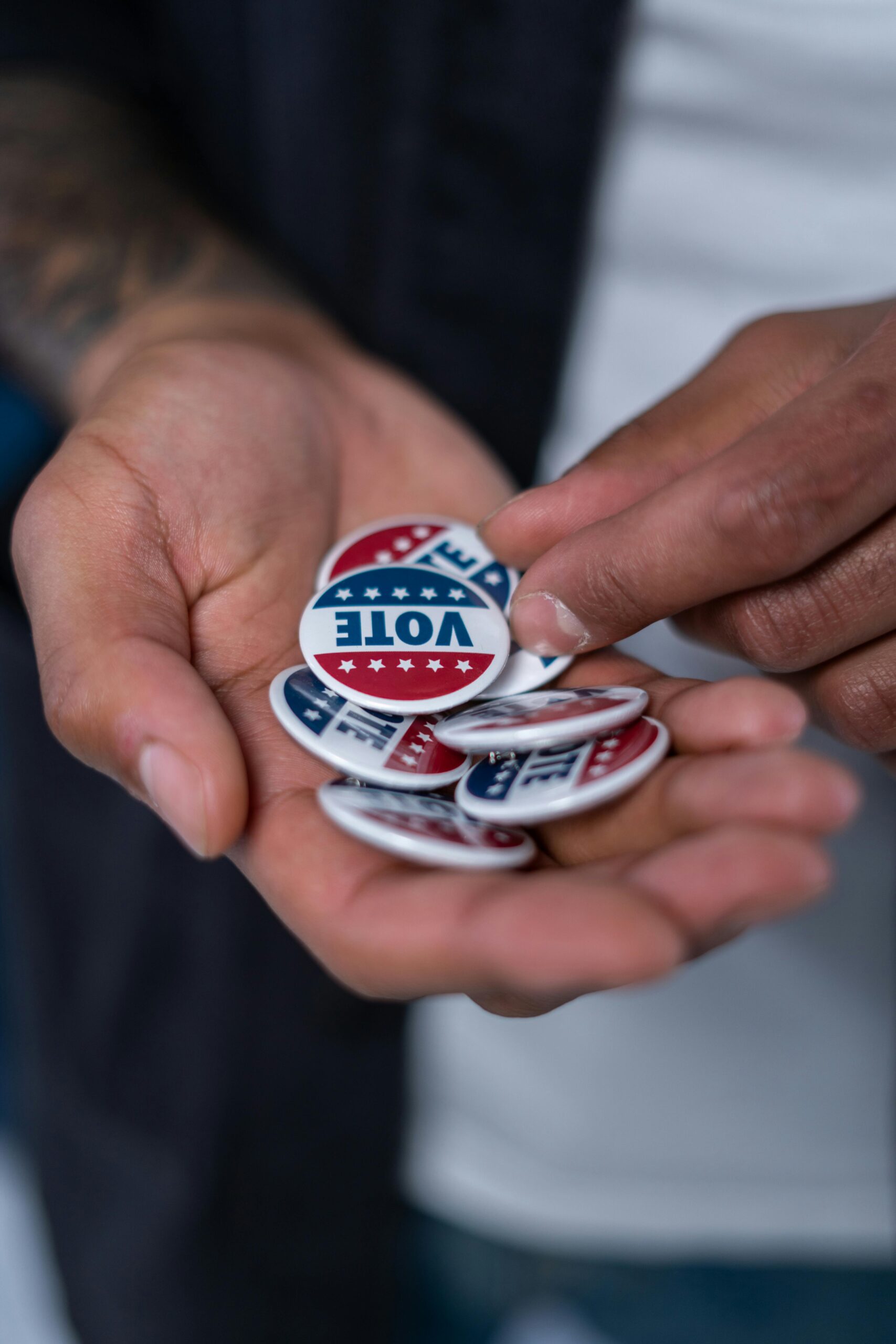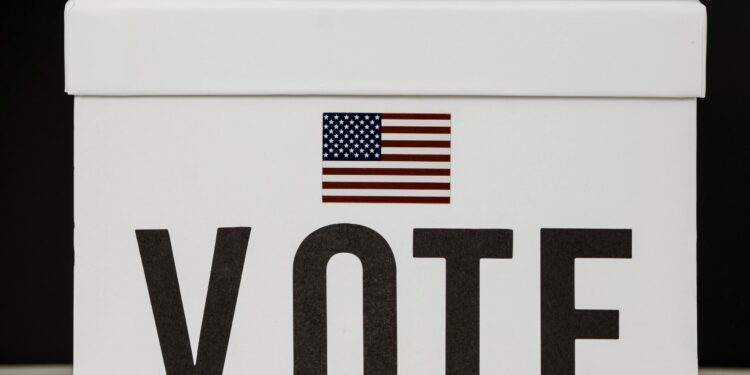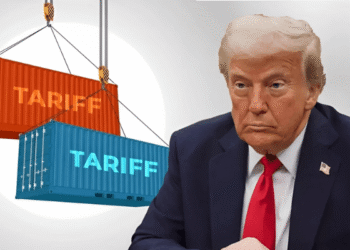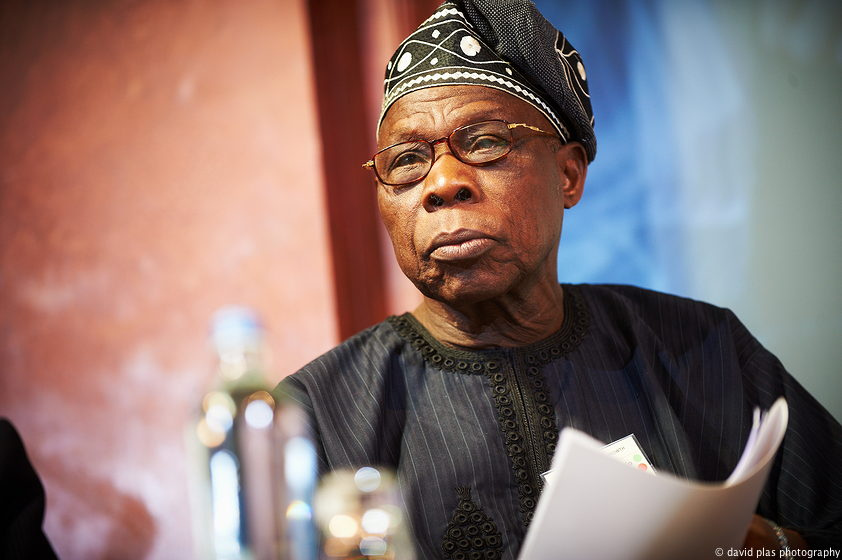When did it all switch to a 2-point lead in the latest presidential polls for Maverick Donald Trump over Youth President Kamala Harris? But behind every twist lies an even more interesting tale-the economy has turned out to be that final factor.
Trump’s Economic Card
With 79% Republicans believing Trump’s presidency will make them rich, it goes without saying that GOP is backing their golden boy in terms of economy. But what accounts for this unwavering faith? Are his promises credible or just well-orchestrated deceit? A belief to increase incomes is a resonating argument with his base but can it also convince the independents and undecided?

Yet why do they continue believing in him? It is perhaps his business background and ability to create jobs; their wish for strong leaders who will shake things up; a willingness to ignore his faults in exchange for prosperity; effective messaging and branding that keeps them hanging on
What could possibly still lead Americans to believe in the economic plans of Trump despite his questionable past? Among other factors are his background in business and apparent ability to create jobs, desire for a strong leader who can disrupt status quo, overlooking flaws for prosperity promises and effective message delivery through branding.
Hidden Harris Strength
At the same time, Harris is making quiet gains with young voters as she raises her overall approval rating from -15 to -8. This gradual rise suggests an underlying connection with younger generations. Harris has addressed the issues of income inequality, student loan debt and climate change affecting young people in America but will her passion convert into votes?
A Kettle Of Concerns: The Economy
Only 21% Americans (21%) rate the Economy as excellent or good, which reveals a longstanding anxiety. However, some hope exists that Trump’s economic policies will bring relief.
The sudden 20-point rise in optimism by Republicans raises questions of whether they did so unintentionally or on purpose? Economic growth is slow, so wages are stagnant leaving voters searching for answers instead of questioning things like their job prospects after graduation or taxes they have to pay when buying expensive items like cars or houses.
Can Harris’s economic policies tackle the urgent problems of wage stagnation and income disparity? Certainly, because her emphasis on progressive taxation, education and workers’ rights might help solve these problems.
Alternatively, will Trump’s tax cuts and deregulation sway independents or would Harris’ emphasis on job creation and inequality win them over? As for Independents with equality concerns as well as work security, they might prefer Harris’ message.
This upcoming election will serve as a referendum on the economy; both candidates must prove to Americans that they have the right vision for economic growth. While these questions remain unanswered in voter’s minds they will ultimately determine who will lead their nation into a bright economic future or who would rather leave it behind forever.

















